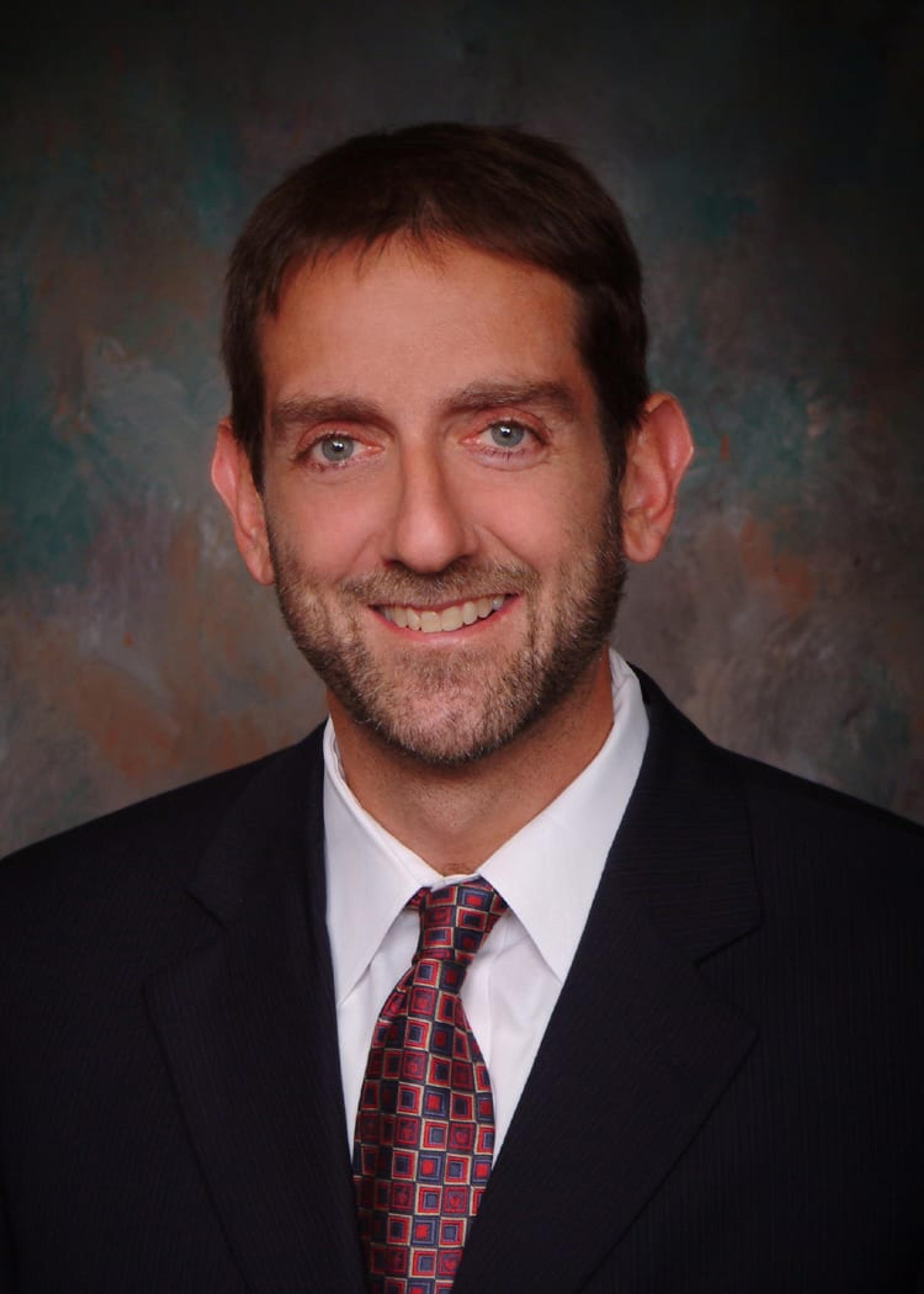Run for Your Heart
Guest Blogger
| 4 min read

If I told you that there was a way for you to lower your risk of:
- Early death
- Coronary heart disease
- Stroke
- High blood pressure
- Type 2 diabetes
- Breast and colon cancer
- Depression
- Falls
…and that it could improve your bone health, cardiorespiratory and muscular fitness while decreasing body fat, would you want to know what it was?
Unlike genetics, this is something wholly within your control, and it doesn’t need to cost any money. The answer is simple, but it requires discipline. Exercise.
According to Peter G. Fattal, MD there is strong scientific evidence supporting the health benefits of regular physical activity. Yet, more than 80% of children and adults do not meet the guidelines for aerobic physical activity.
Come and get your fitness on with us in Saginaw at the 9th annual Pulse3 Foundation Run for Your Heart community races on Saturday, September 10. Endorsed by the Governor’s Council on Physical Fitness, Health and Sports, the event features a USA Track and Field-certified half marathon, 10K run, 5K run/walk, tot trot and other kid’s activities. Registration is available online at www.runforyourheart.org.
Activities kick off at 7:45 a.m. with remarks from WNEM TV5 News Anchor Sam Merrill’s wife, Katy, during a special “Run. Honor. Remember.” ceremony honoring all those touched by heart disease. Sam Merrill died unexpectedly and suddenly this past February after suffering a heart attack.
Proceeds from the event are used to fight heart disease through Pulse3’s programming initiatives designed to:
- Help people live healthier and more active lifestyles
- Teach the signs and symptoms of a heart attack
- Place automated external defibrillators (AEDs) in public locations
- Provide free training in CPR and AED use
- Gather healthcare professionals to discuss ways to improve cardiac care
For more information, or to register, call Pulse3 at (989) 754-7283 or visit www.runforyourheart.org.
Recommendations from the 2008 Physical Activity Guidelines for Americans, Office of Disease Prevention and Health Promotion, US Dept. of HHS (www.health.gov)
Children and adolescents should do 60 minutes (1 hour) or more of physical activity daily.
- Aerobic: Most of the 60 or more minutes a day should be either moderate- or vigorous-intensity aerobic physical activity, and should include vigorous-intensity physical activity at least 3 days a week.
- Muscle-strengthening: As part of their 60 or more minutes of daily physical activity, children and adolescents should include muscle-strengthening physical activity on at least 3 days of the week.
- Bone-strengthening: As part of their 60 or more minutes of daily physical activity, children and adolescents should include bone-strengthening physical activity on at least 3 days of the week.
Adults
- For substantial health benefits, adults should do at least 150 minutes (2 hours and 30 minutes) a week of moderate-intensity, or 75 minutes (1 hour and 15 minutes) a week of vigorous-intensity aerobic physical activity, or an equivalent combination of moderate- and vigorous intensity aerobic activity. Aerobic activity should be performed in episodes of at least 10 minutes, and preferably, it should be spread throughout the week.
- For additional and more extensive health benefits, adults should increase their aerobic physical activity to 300 minutes (5 hours) a week of moderate intensity, or 150 minutes a week of vigorous intensity aerobic physical activity, or an equivalent combination of moderate- and vigorous-intensity activity. Additional health benefits are gained by engaging in physical activity beyond this amount.

About the author: Peter G. Fattal, MD, is an invasive cardiologist and a graduate of SUNY Health Sciences Center in Syracuse, New York. He has been in practice with the Michigan CardioVascular Institute (MCVI) since 1994. Dr. Fattal is board certified in cardiovascular disease and echocardiography. He completed his cardiology fellowship at Washington University School of Medicine in St. Louis, Missouri. In addition to practicing medicine, Dr. Fattal was a founder of the Pulse 3 Foundation, a nonprofit dedicating to improving heart health in the Great Lakes Bay Region, and as medical director of cardiovascular research programs conducted through MCVI.
Photo Credit: courtesy of Peter G. Fattal, MD (thumbnail) and A Healthier Michigan via Flickr
If you enjoyed this post, you may also be interested in:





